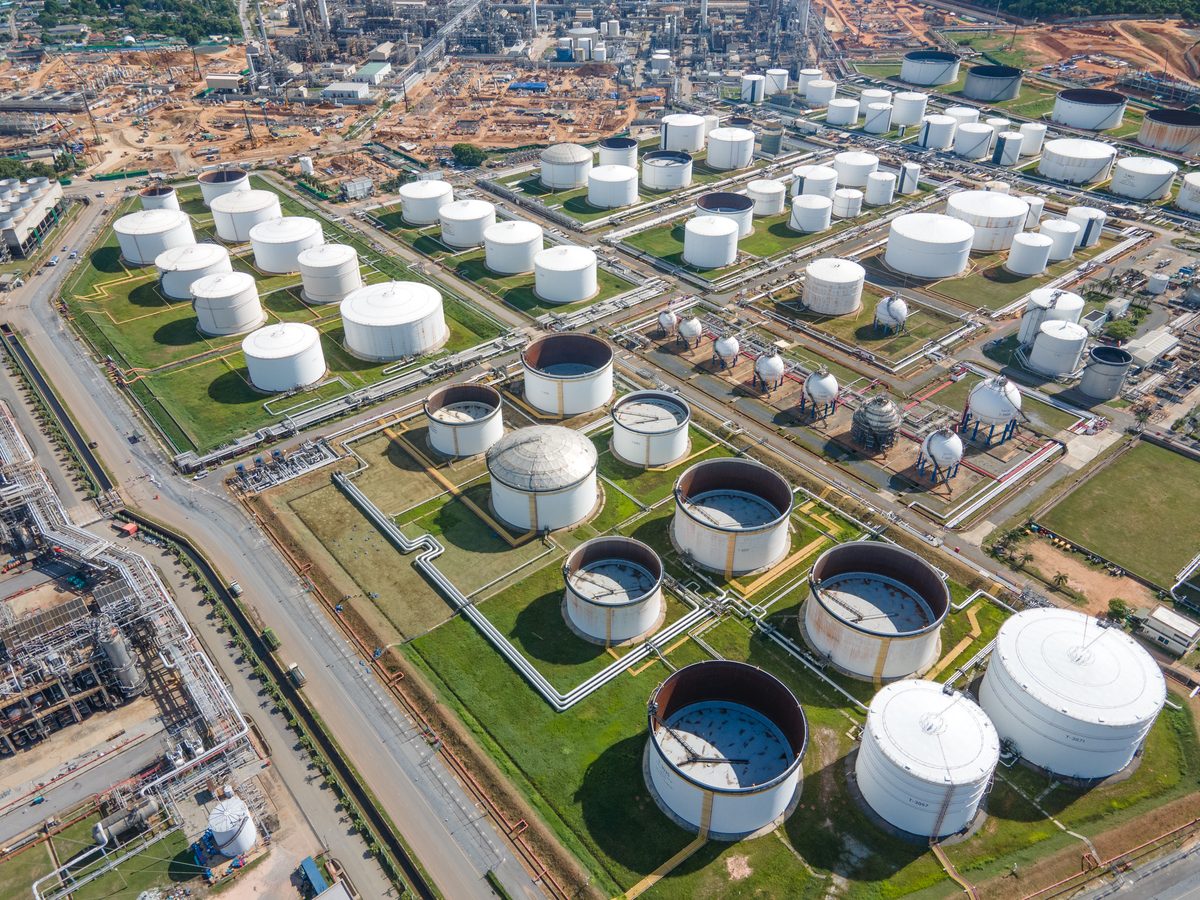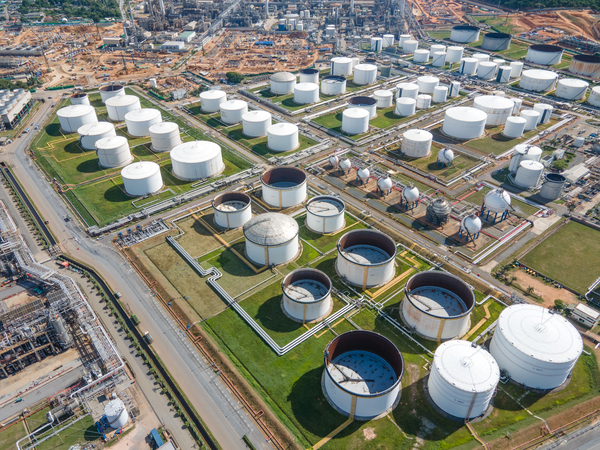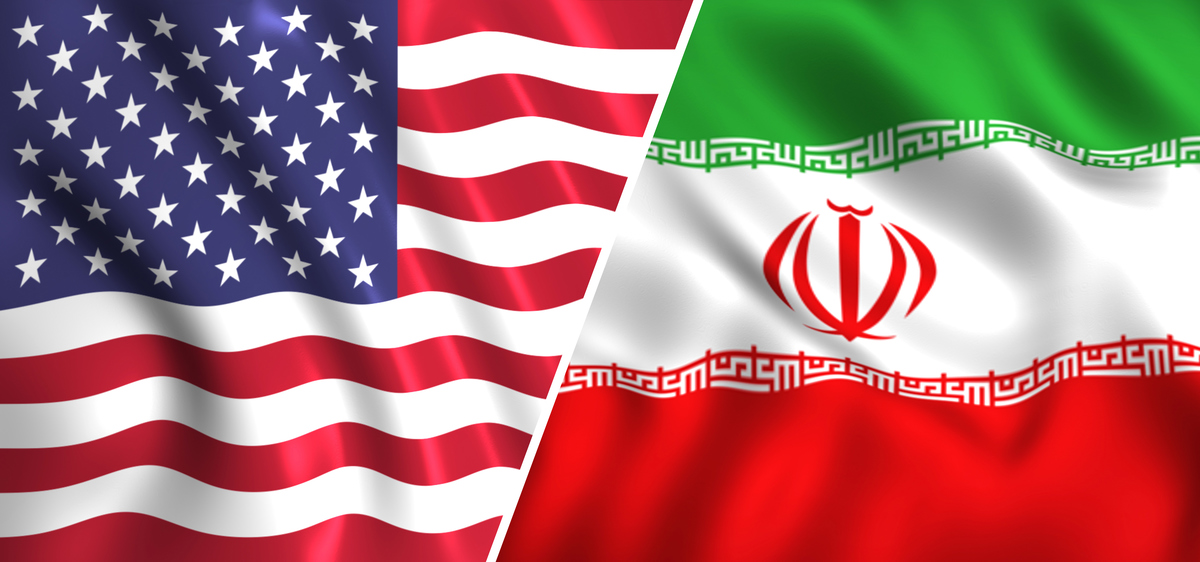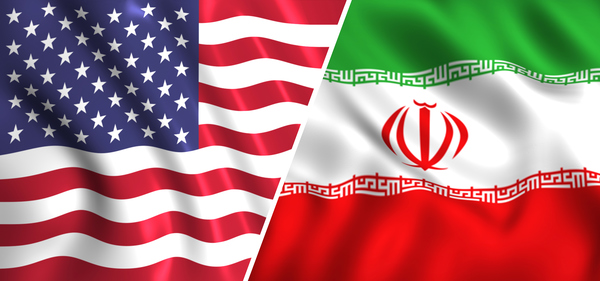Brent futures near $80/bbl as concerns rise over oversupply
Front-month ICE Brent has slumped by $4.95/bbl on the day from Friday, to $81.05/bbl at 09.00 GMT.
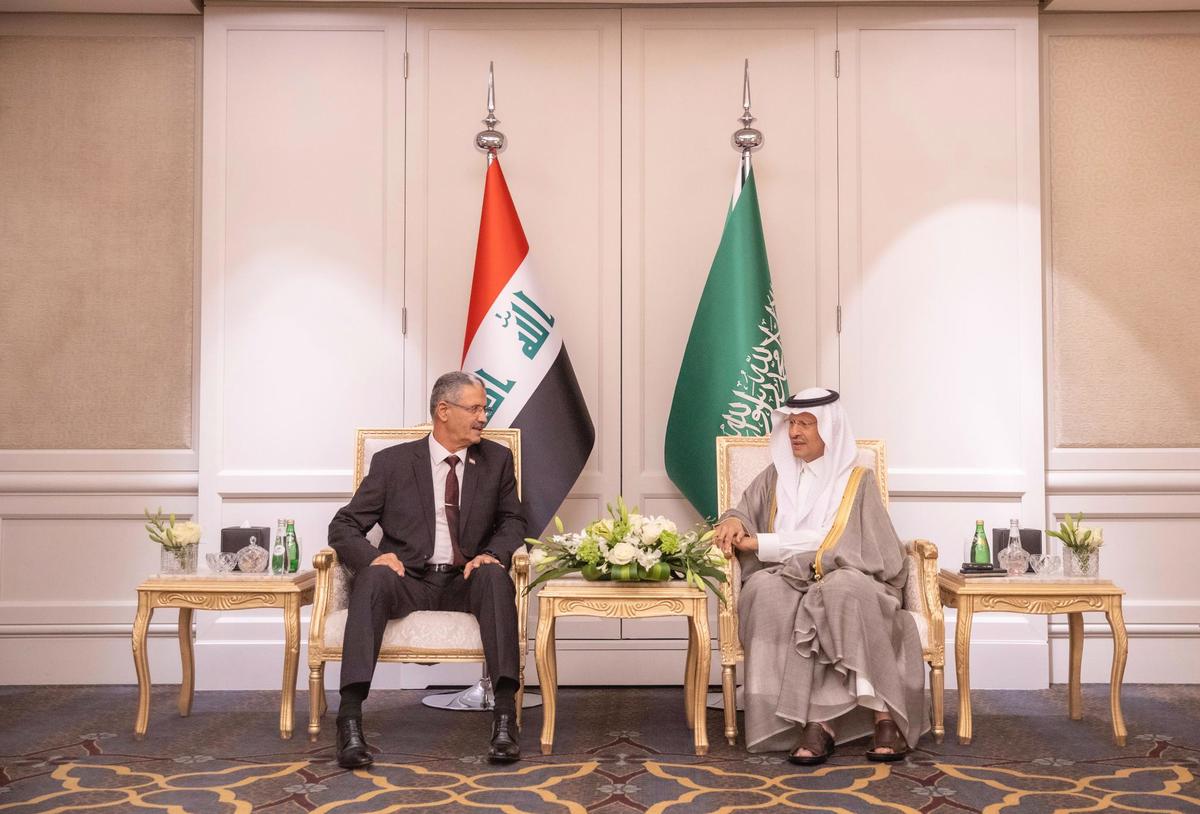
PHOTO: Saudi Arabia’s oil minister Abdulaziz bin Salman bin Al Saud and Iran’s oil minister Hayan Abdul Ghani Al-Sawad reaffirm support for OPEC+ output cuts. @MoEnergy_Saudi via Twitter
Upward pressure:
Saudi Arabia's energy minister and his Iraqi counterpart have reaffirmed their support for oil production cuts, and will adhere to OPEC+'s commitment to reduce output through 2023.
According to a joint statement released by the two major oil producers, they may also take "other measures" if necessary, to achieve "balance and stability in the global markets.”
In a telephone call with Iraqi Prime Minister Mohammed Shia al-Sudani, Russian President Vladimir Putin reiterated the Kremlin's warning that a G7 price cap on Russian would have serious consequences for global energy markets.
OPEC+ members will meet on 4 December to discuss oil output policy and global energy demand.
Downward pressure:
The oil market is being thrown into a tailspin by China's demand jitters and price cap uncertainty, raising concerns about oversupply. Brent futures are moving in and out of a bearish "contango pattern" - where the spot price is lower than the future price - suggesting short-term weakness.
According to PVM analyst Tamas Varga, “differentials are confirming what outright prices have been implying – there is a demand deficit and/or supply surplus.”
The G7 and the EU have discussed a cap on Russian oil prices between $65-70/bbl, but no agreement has been reached yet. The meeting between EU representatives scheduled to take place on Friday has been cancelled, EU diplomats told CNBC.
Investment bank ING estimates that Russia is less likely to reduce its supply if the price cap is within the range of $65-70/bbl, which is already above the discounts offered to Asian countries. ANZ commodity strategist Daniel Hynes says, "Asian buyers are receiving massive discounts for pushing Russian crude". The Russian Urals grade is reportedly trading at $52/bbl at export terminals, a $33/bbl discount to Brent.
In the meantime, a record number of daily Covid-19 cases have raised fears that the Chinese government will re-impose lockdowns, which could seriously dent oil demand in the world's largest oil consumer. China is reported to have cut crude imports from Russia and Saudi Arabia by almost half due to low domestic demand.
Hynes writes that the resurgence of Covid-19 in China combined with weakness in the US dollar is “creating a negative backdrop for oil prices."
By Konica Bhatt
Please get in touch with comments or additional info to news@engine.online


